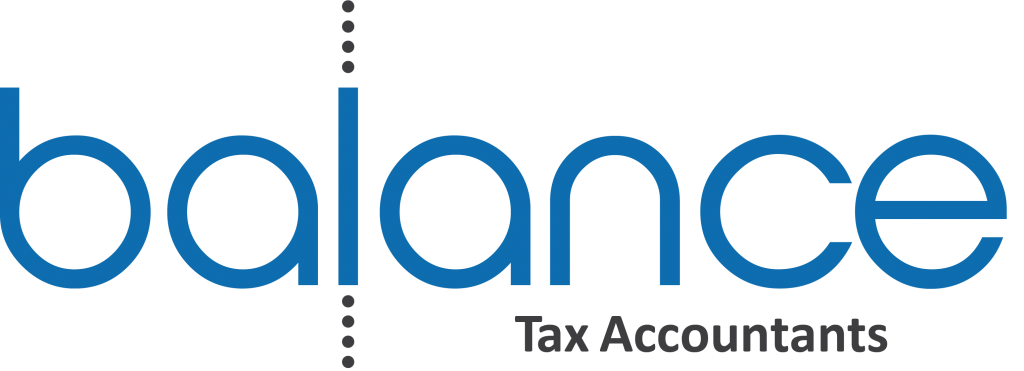So, you’re thinking about buying a car for your business? 🚗 You’ve just landed to the right place. We’re here to help you check few key things to consider before making the leap. Buckle up and let’s dive into the details and make sure you’ve got all the info you need to make a smart move. 😎
Things to consider before buying a car
🔹Are you planning to use business funds or personal money for the purchase?
🔹What type of car are you eyeing, or what’s the ballpark figure?
🔹How much will the car be used for business, and will a logbook be kept?
Car Value and Luxury Car Tax Limits
There’s a limit on how much you can claim for a business car, called the Luxury Car Tax (LCT) threshold. For the 2023-2024 financial year, the limits are:
-
$84,916 for fuel-efficient cars
-
$71,849 for other cars
These amounts include the car’s cost, GST, and customs duties. If the car is used for both business and personal purposes, you can only claim the business use percentage.
Example: If Business A buys a non-fuel-efficient car for $120,000 and the logbook shows 85% business use, they can claim a maximum of $61,071.65 (including GST) — that’s $71,849 times 85%. The rest of the cost and GST can’t be claimed. 😉
Should I pay outright or get a loan?
When it comes to paying for your new business car, you’ve got two main options: paying outright or getting a loan. Each path has its own perks and pitfalls. Let’s take a closer look at both options so you can decide which one will keep your business cruising smoothly.
👉Paying Outright
Pros:
-
No Debt: No loans or interest expenses.
-
No Interest Payments: Save on interest costs.
-
Ownership: The car is fully yours with no monthly payments.
-
Asset: It becomes a business asset immediately.
Cons:
-
Cash Flow: Uses up a lot of your cash reserves.
-
Cash Security: Leaves less money for unexpected expenses or other investments.
👉Getting a Loan
Pros:
-
Preserve Cash: Keep your cash reserves, which helps with flexibility.
-
Manageable Payments: Spread the cost over time, making budgeting easier.
-
Tax Benefits: Interest payments on business loans might be tax-deductible.
-
Credit Building: Timely payments can help build your business credit.
Cons:
-
Interest Cost: You’ll pay more overall due to interest.
-
Debt Obligation: Committing to a loan can limit future financial flexibility.
-
Monthly Payments: Regular payments impact cash flow.
Financial Considerations
Depending on how much “free cash” you have (money not needed elsewhere), paying outright might strain your finances. Taking a loan could be a smarter choice, helping you maintain cash flow for your business needs.
Tax Considerations
Now, let’s zoom in on the tax side of things. Let’s dive into the details!
🔹Depreciation: You can claim depreciation whether you buy outright or take a loan.
🔹Interest Deduction: Interest on a business car loan is deductible.
🔹Instant Asset Write-Off: Depending on the tax year and limits, you might be able to write off the car’s purchase price immediately if it’s below the threshold.
These amounts can only be claimed up to the apportioned luxury car limit.
So, there you have it! 😊 Keep these points in mind, weigh your options, and you’ll be in a great spot to make the best decision for your business. 😉 Cheers, and happy driving!
Legal Disclaimer: The information on this site is based on sources believed to be reliable; however, we do not guarantee its accuracy or completeness and accept no liability for any loss or damage arising from reliance on this information. Always consult a financial advisor to assess the suitability of any information or strategies mentioned here with respect to your specific situation.

